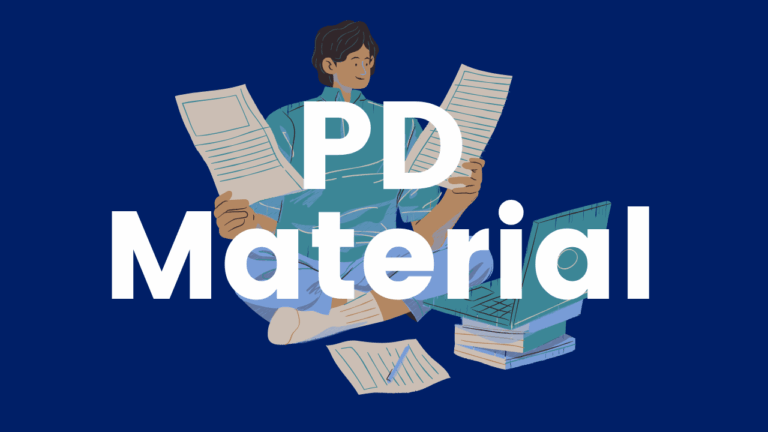REWARDS Training Videos
REWARDS is a research-validated, specialized reading intervention program designed for students in junior, intermediate and senior grades. There are three YouTube videos for different versions of the program: REWARDS Intermediate, REWARDS Secondary, and REWARDS Social Studies.





